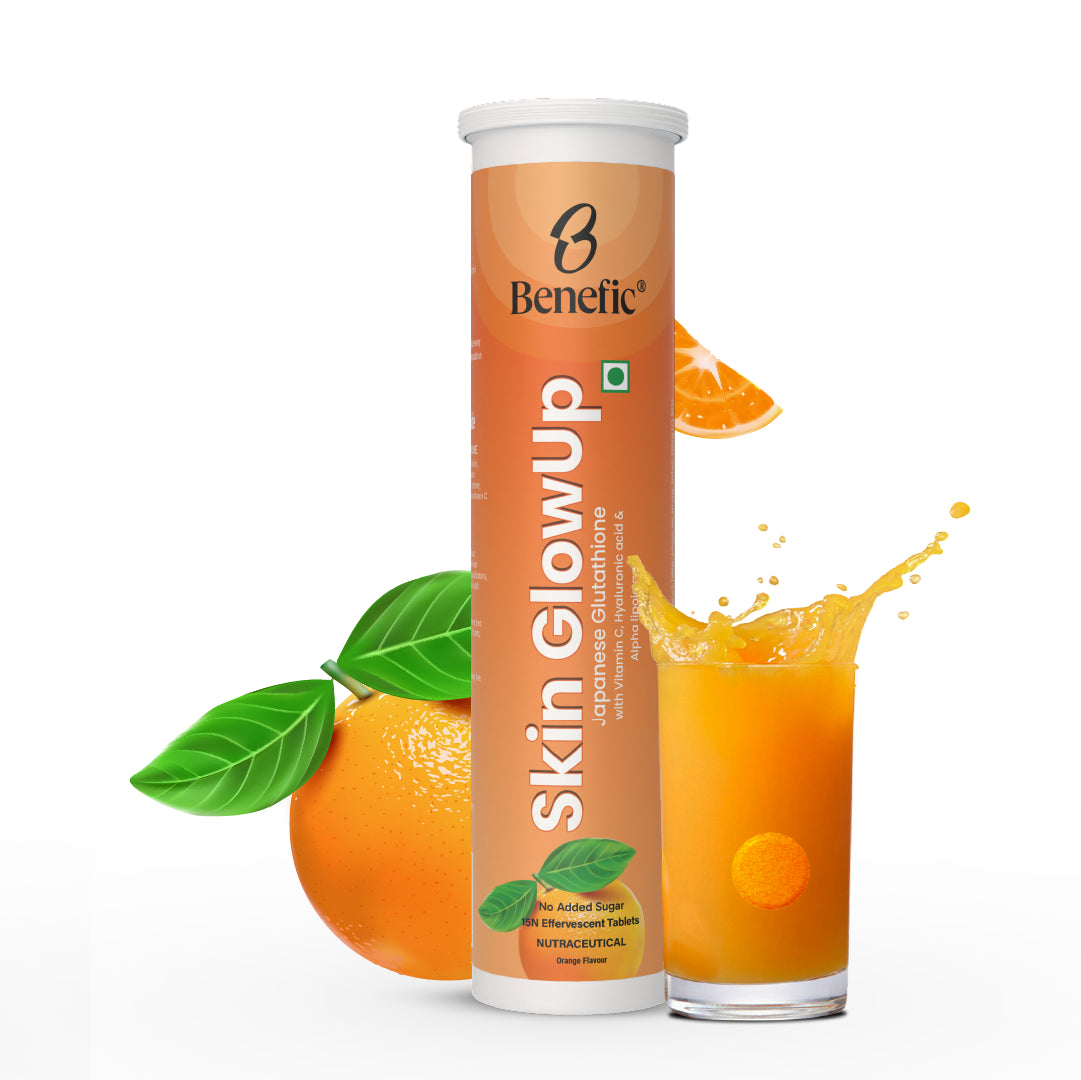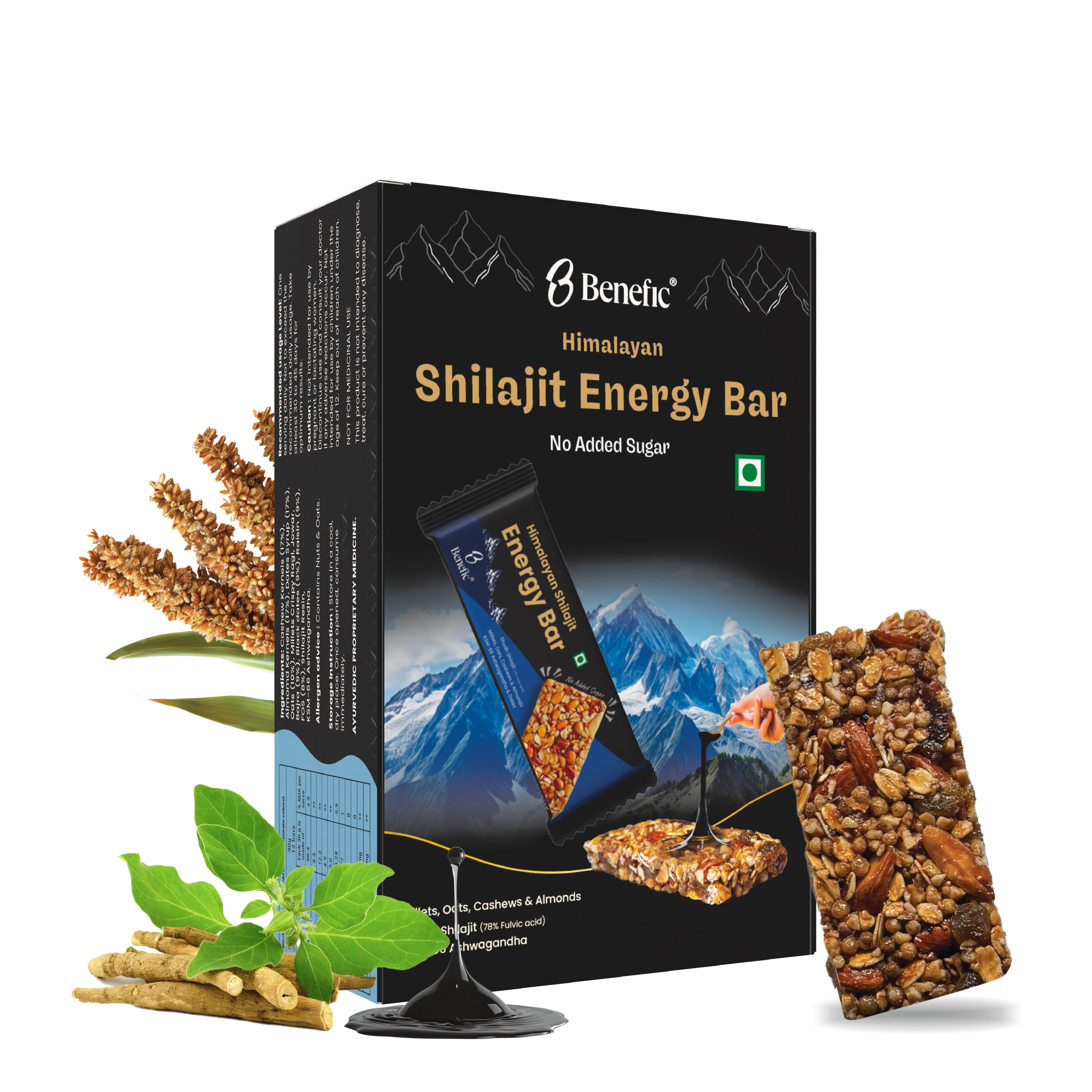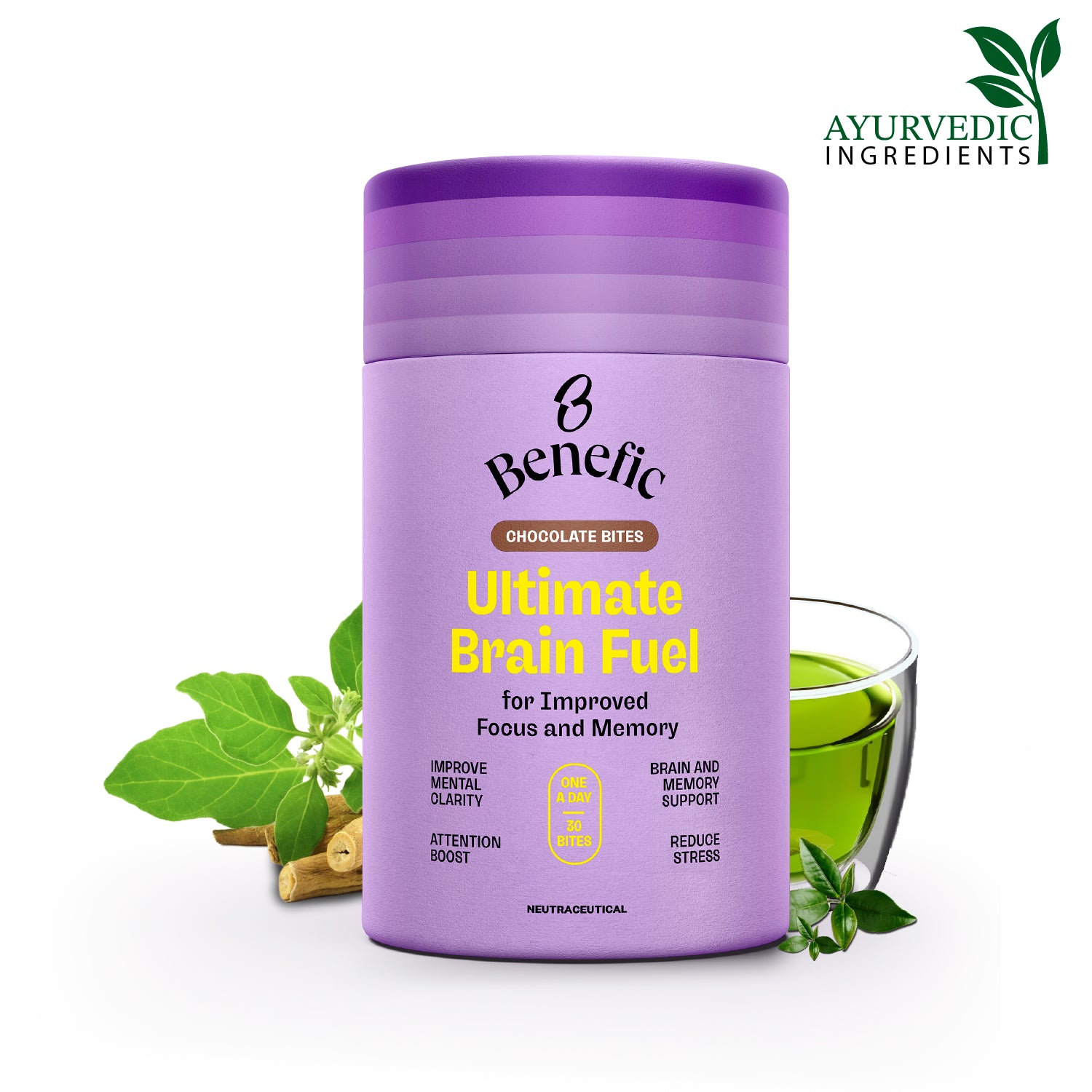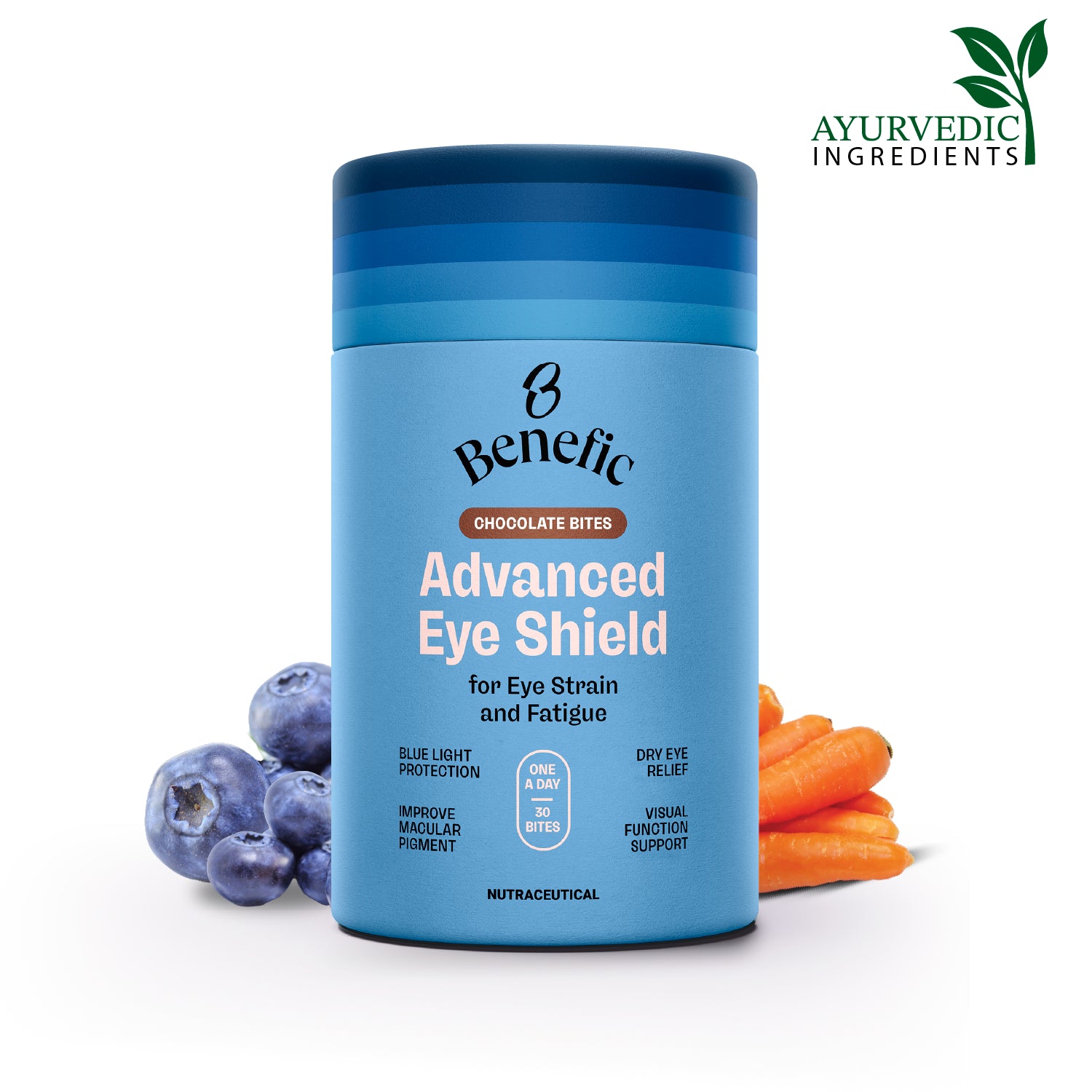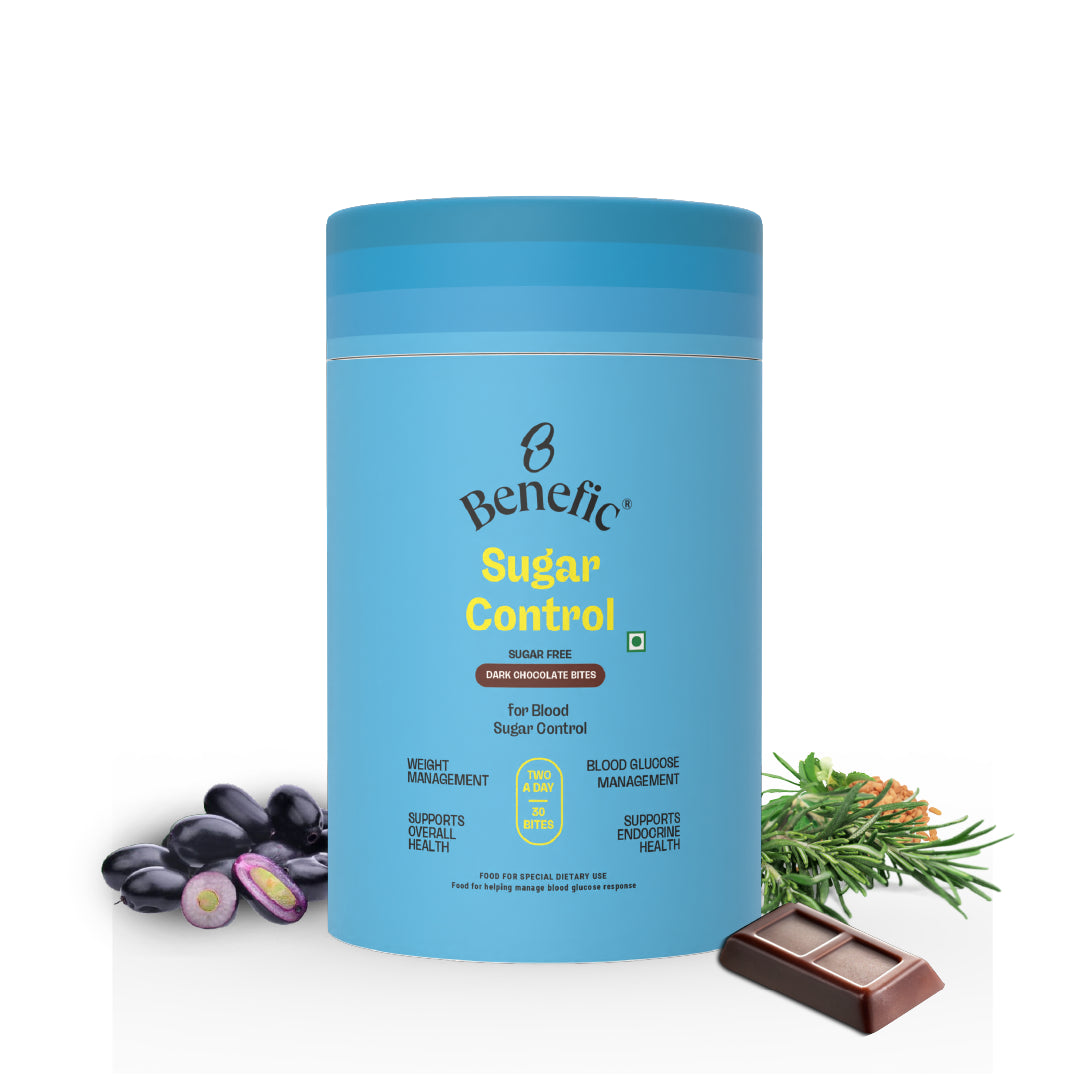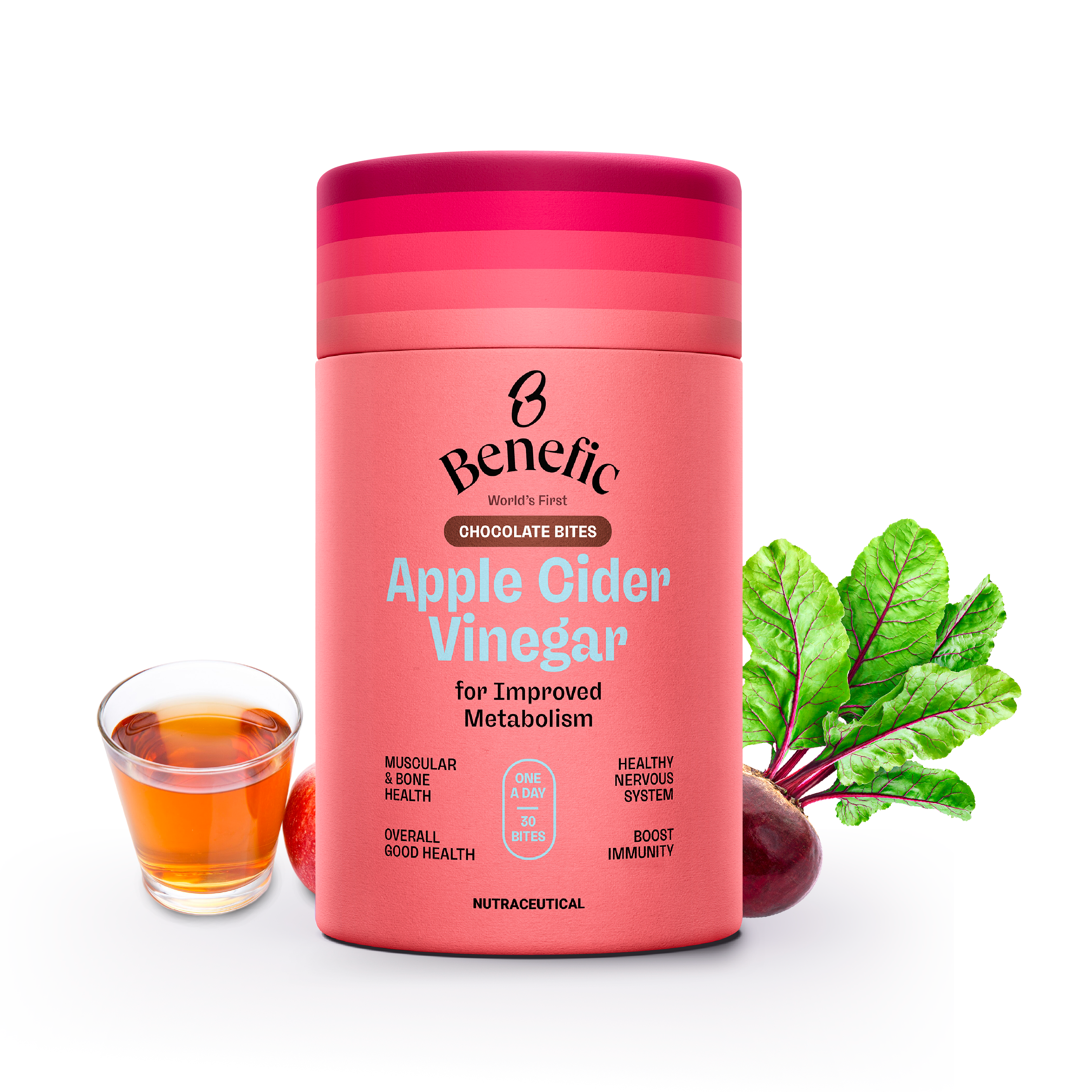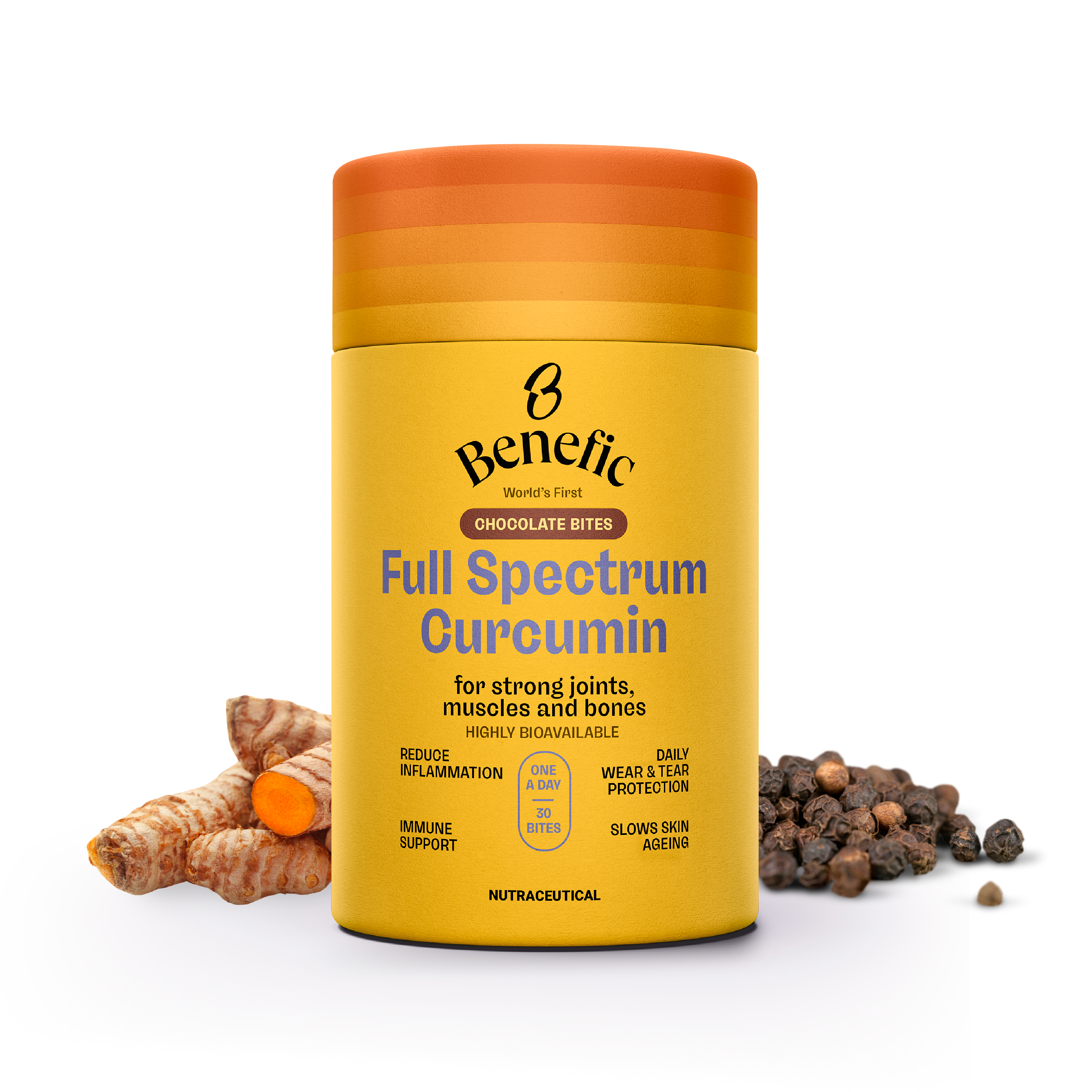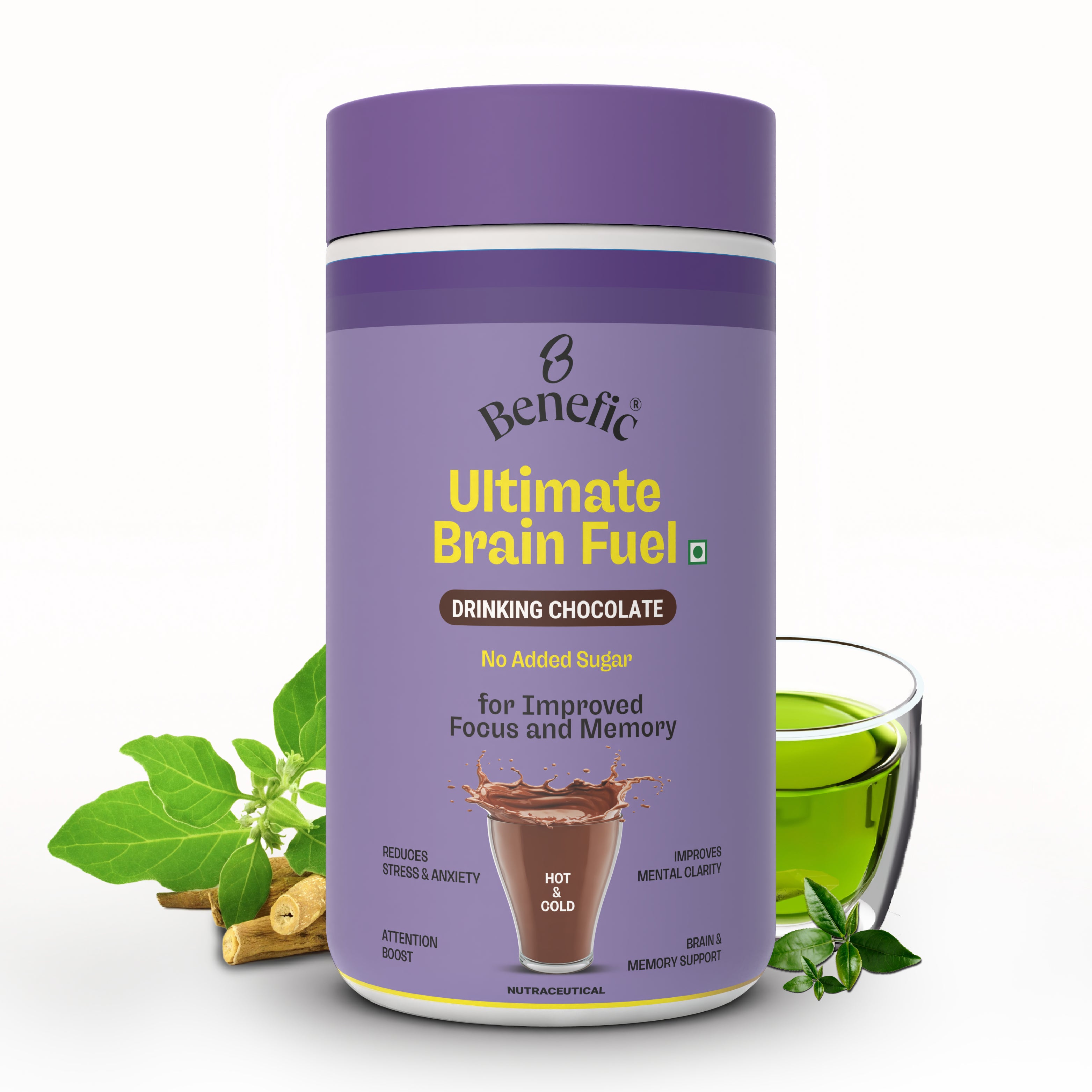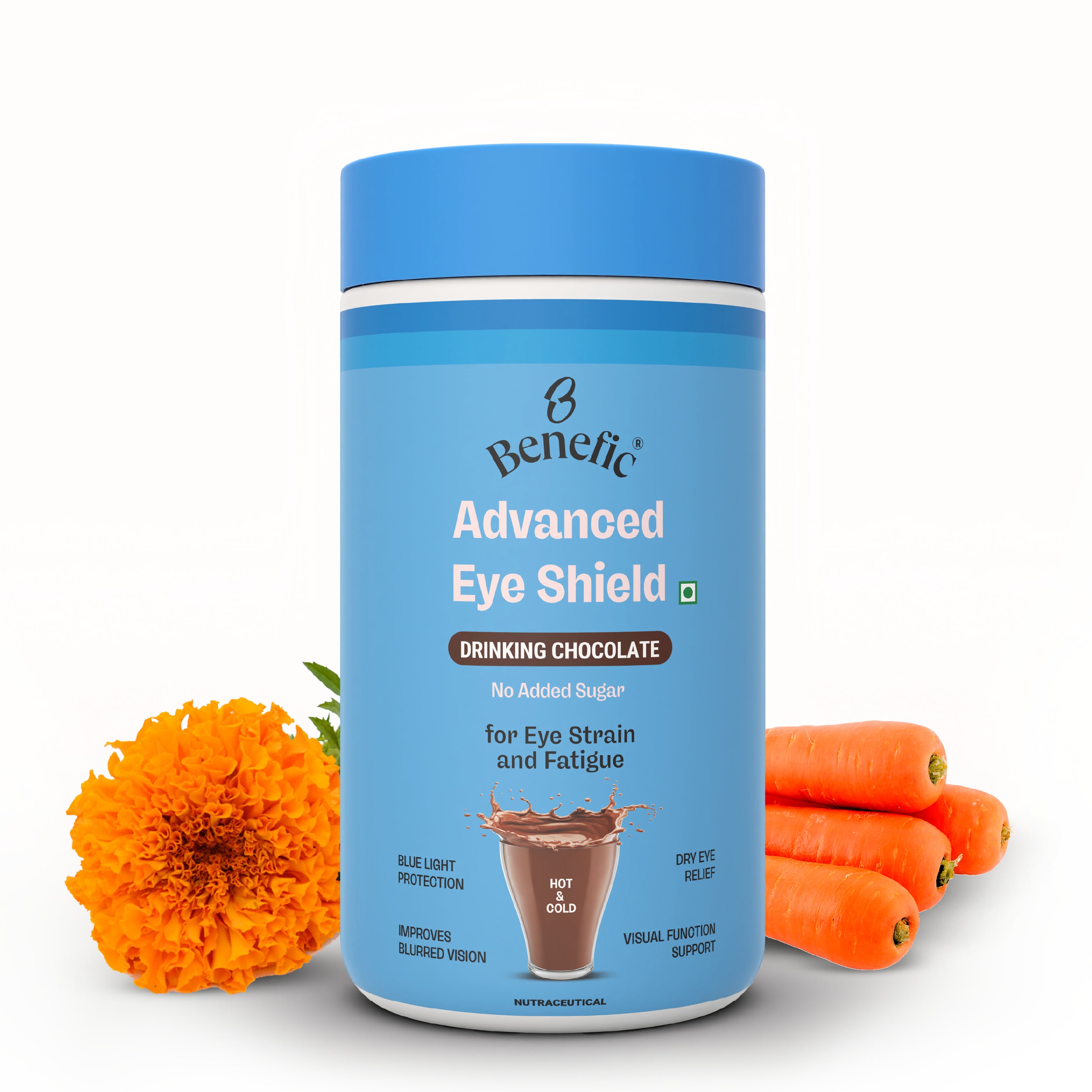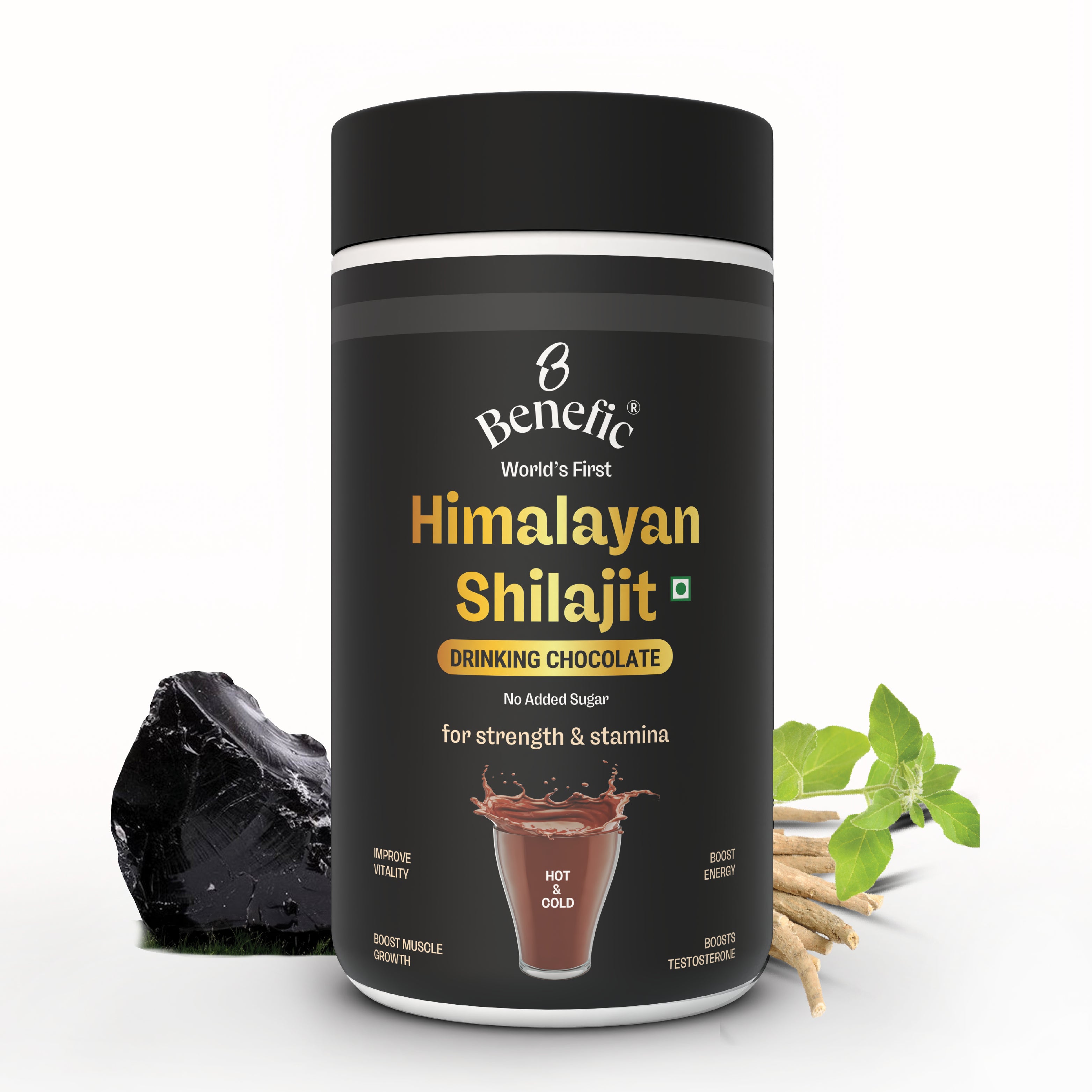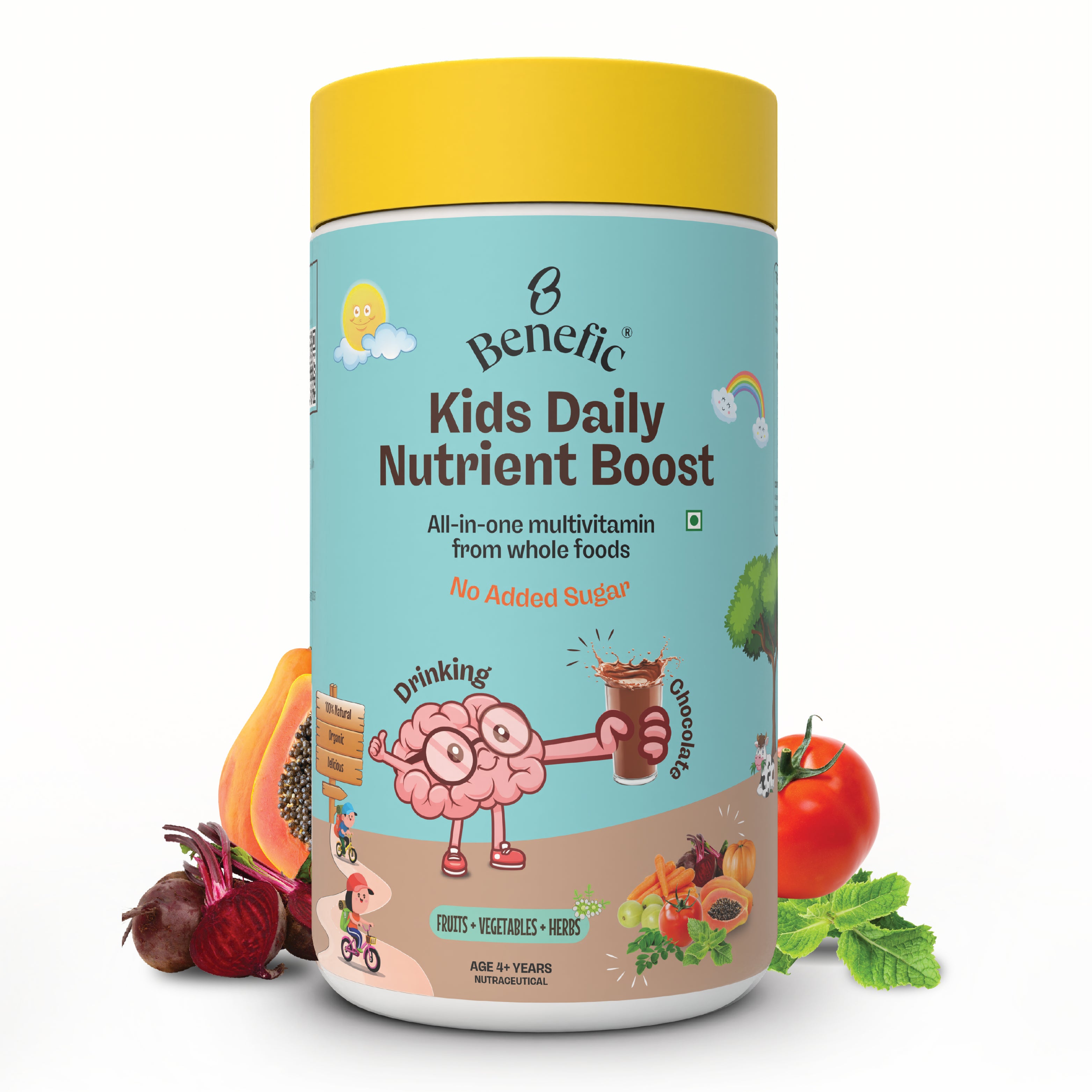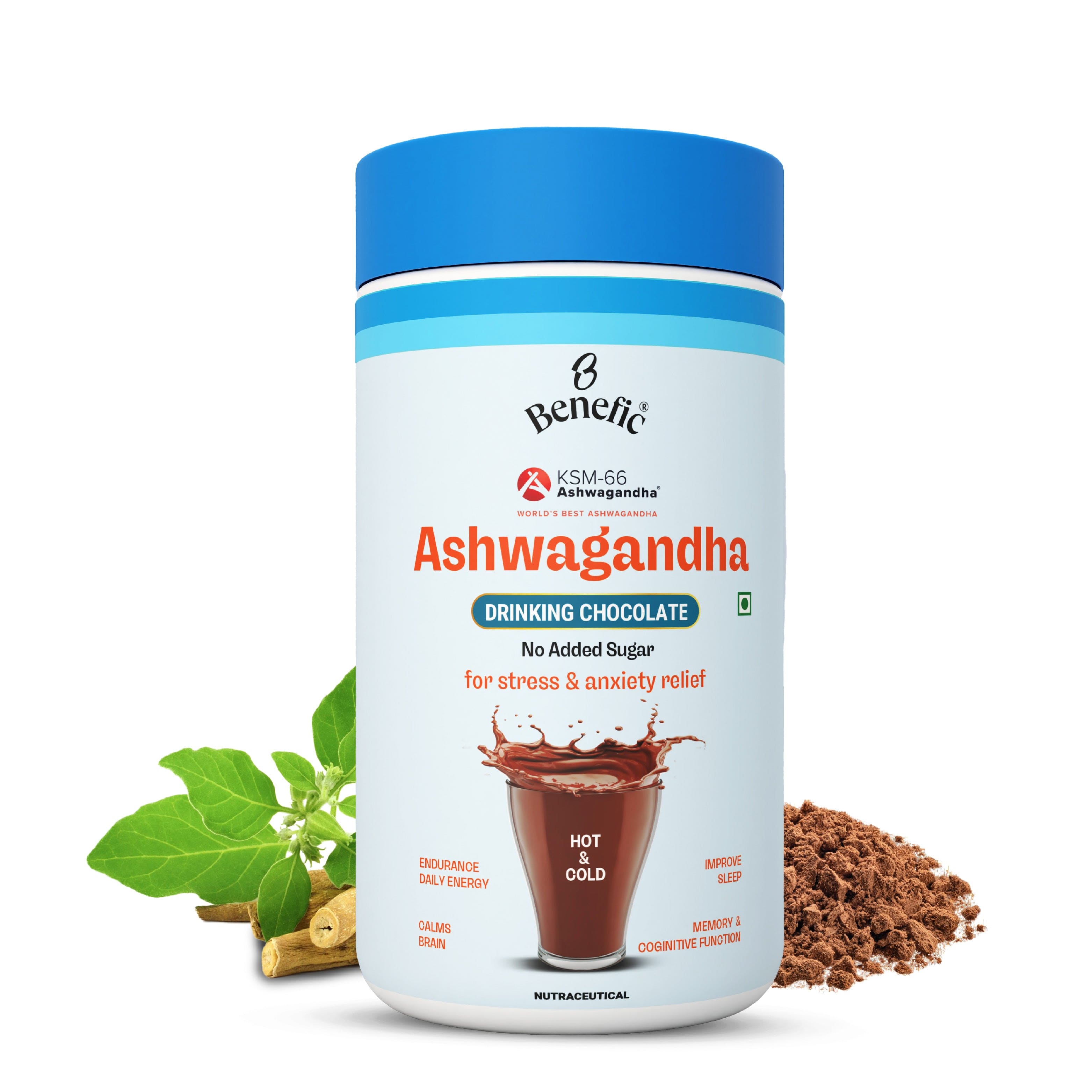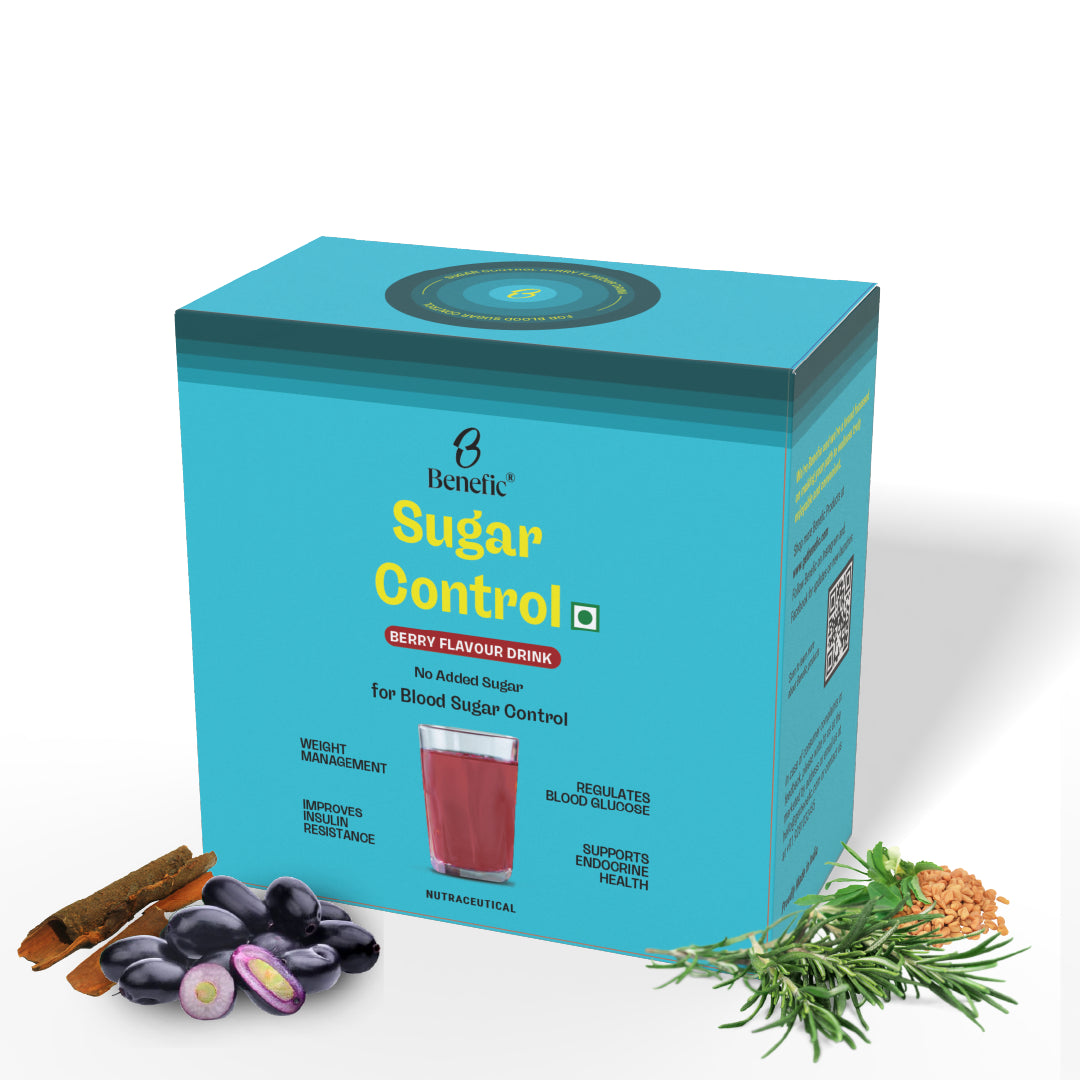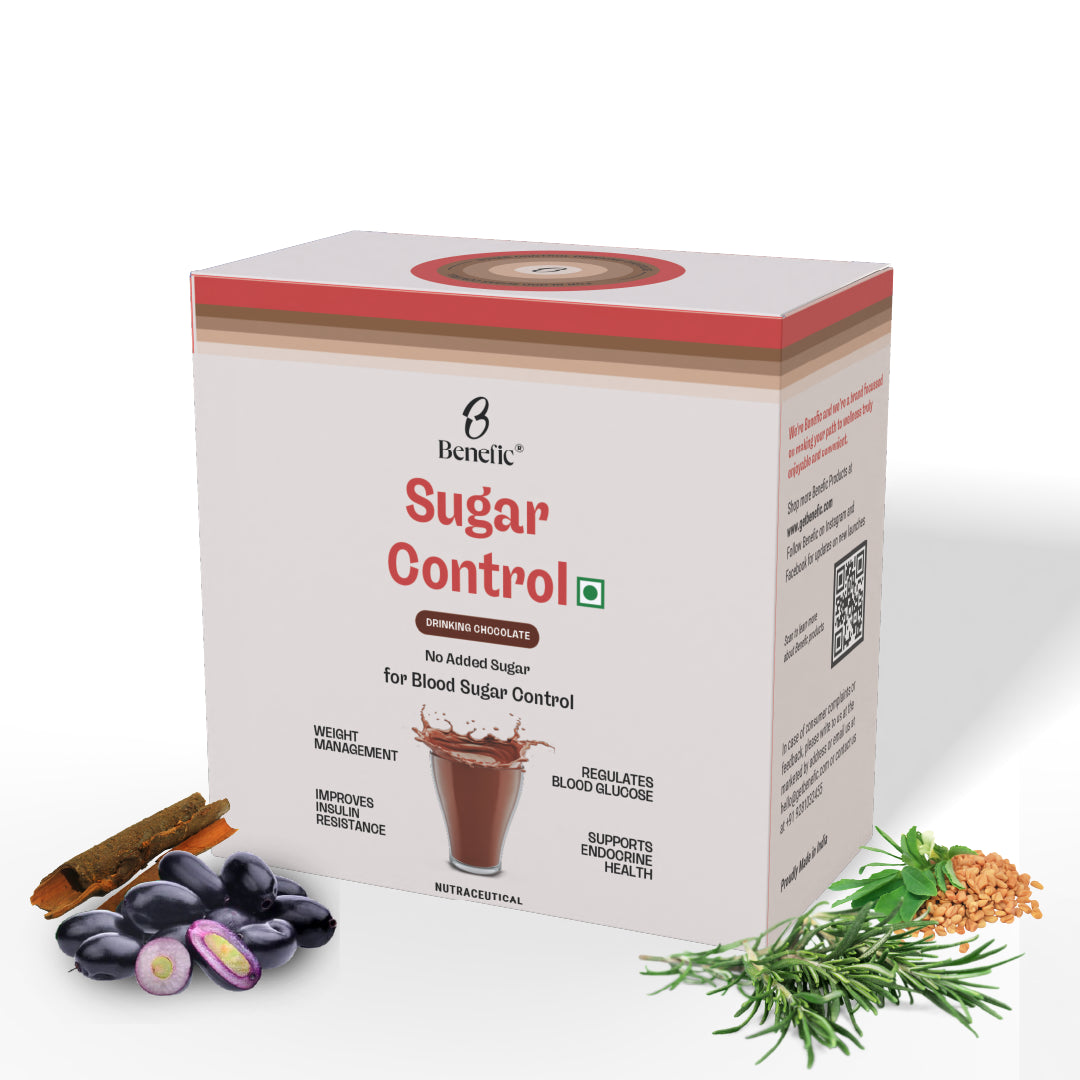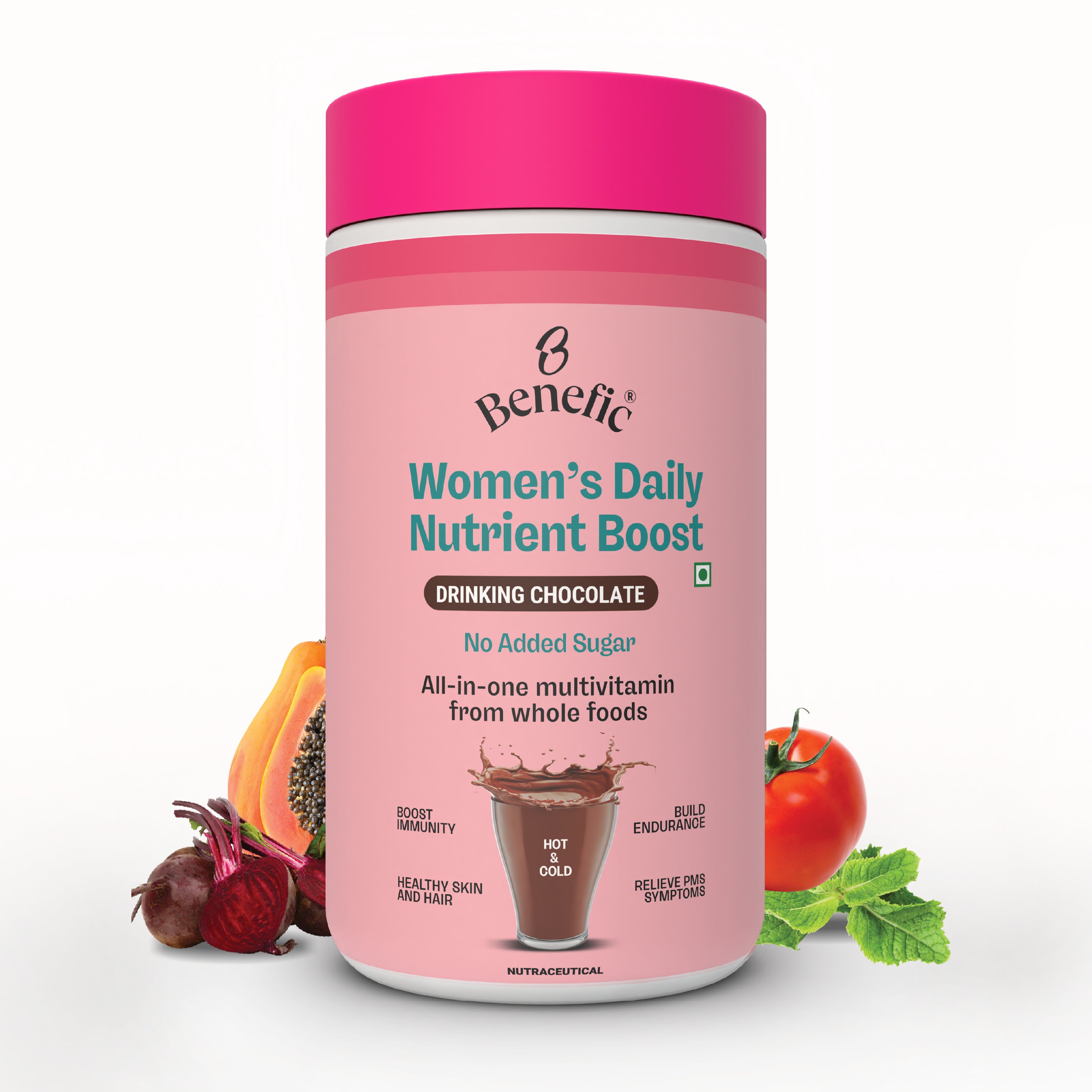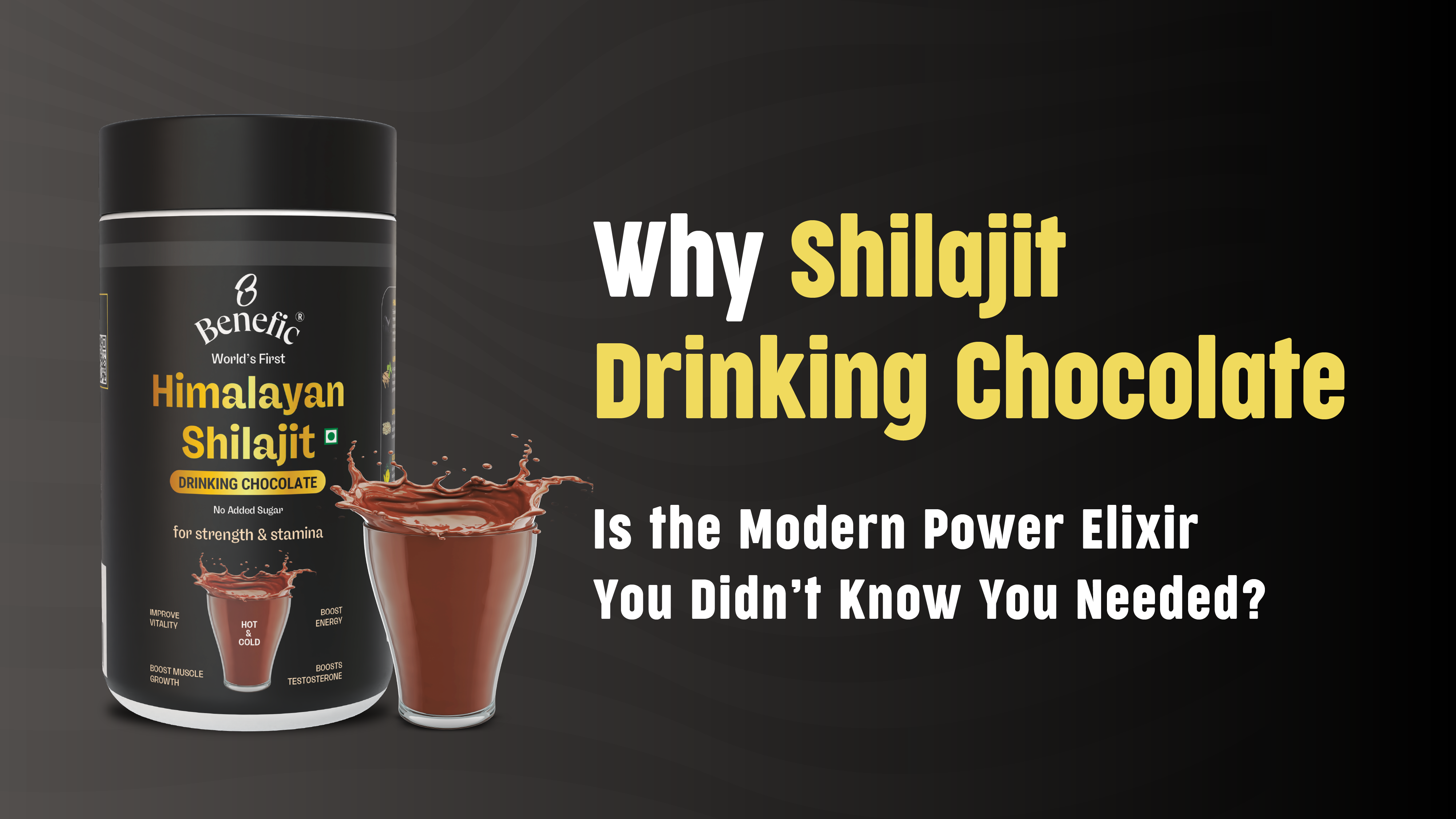What is immunity?
The immunity of the human system is a mechanism that protects against infectious diseases. Broadly, there are two kinds of immunity, innate and acquired immunity.
Innate immunity
This immunity develops when you are in your mother's womb. When you are breastfed, a lot of immune cells are passed on from your mother. If the mother has antibodies against a particular pathogen, she passes it on to you. But this immunity will last only for a shorter duration.
These immune cells don't need any training, and they know what to do when there is an infection in the body. They are a kind of front line defence. Innate immunity will hold the fort while recruiting backup help from acquired immunity.
Acquired or adapted immunity
This kind of immunity develops after exposure to certain pathogens, getting infected and learning how to fight off the infection and developing a memory to fight the disease when it happens the next time.
How does stress affect immunity?
Stress has the most profound effect on the immune system. People under stress are very vulnerable to pull in viral and bacterial infections. Stress is the number one reason that triggers autoimmune diseases. Stress spikes up cortisol, which will shut down white blood cells as its levels go up. Further, it could also shut down T-cells, B-cells, antibodies, phagocytes, and the natural killer cells. So your immunity will go down significantly.
If you are under stress, isolate the cause of the stress. Lowering stress levels through meditation, yoga, exercise, and other practices can help keep your immune system functioning correctly.
What is the relation between the gut and immunity?
Gut health and immunity are interconnected. Microbes in your gut make up 75% of your immune system. About 70% of the white blood cells are located down and around the colon. The friendly bacteria in the gut not only makes vitamin A and other things, but they also support your immune system in defence mechanism.
Lactobacillus bacteria in the gut make lactic acid and pathogens cannot survive in that environment. They don't allow many pathogens to grow. So these microbes create an environment that the pathogens do not like while favouring good bacteria to grow so much. Without friendly bacteria, you could end up having a leaky gut.
How to boost it?
Bolstering your immunity is challenging; below are the dietary and lifestyle changes that could strengthen the body's natural defences and help fight harmful infections and diseases.
Take care of gut health
Limit the use of antibiotics. Antibiotics can cause dysbiosis, which causes an imbalance in the diversity of your gut microbiome. The good gut microbiome consists of good bacteria, fungus, yeast, and moulds, forming friendly microbial forces supporting you.
One way to keep microbiome diversity very widespread and sufficient is to consume vegetables and herbs that provide different kinds of fibre for microbes to eat. As long as the ratio of good bacteria is optimum (99% good bacteria and 1% pathogenic bacteria), gut health is generally fine. But as soon as this balance shifts, you allow these pathogens to invade your body.
Leaky gut could start if a person does not have enough vitamin A and vitamin D. One of the best ways to get vitamin A and vitamin D is from cod liver oil. Cod liver oil has omega 3 fatty acids, DHA, and EPA, which help the immune system. Zinc, probiotics, and fermented foods can also help boost the immune system.
Sleep
The immune system is highly influenced by your sleep cycles. When you sleep, you stimulate growth hormone, which in turn stimulates the immune system. Both cortisol and adrenaline, if spiked chronically due to stress, they suppress the immune system.
Most adults need a good 7-8 hours of undisturbed deep sleep per night. If you are not sleeping well, killer T-cells cannot function, making you more susceptible to infections. Also, the speed with which the white blood cells fight the disease may significantly decrease, and not sleeping enough could suppress the memory of the immune function.
Vitamin D
Vitamin D is intermittently connected to every single immune reaction. WBC can make vitamin D active. There are two compounds that your immune system makes as antimicrobials called cathelicidins and defensin. Both of these need vitamin D.
Before antibiotics were discovered, doctors used vitamin D compounds in cod liver oil as a remedy for infections like TB, and TB patients were recommended sunlight.
The ideal way to get vitamin D is through direct sunlight. There are therapeutic benefits from exposure to sunlight like UV light and other wavelengths, including infrared light. If you are not getting enough sunlight during the winter months, you could opt for vitamin D supplements.
Zinc
Zinc is one of the essential trace minerals to strengthen your immune system. When you are actively going through an infection, your need to take 220 mg of zinc; when you are not infected, you will need a maintenance dose of 15-25 mg a day.
The critical aspect of zinc deficiency is you don't store a lot of zinc, so if you are not eating zinc regularly, you become deficient. Antacids and antibiotics also increase zinc deficiency. When you take antacids, you deplete the acid in your stomach, and absorbing zinc needs a firm acidic stomach. The top food sources of zinc are oysters, red meat, and fish.
Vitamin A
Vitamin A supports the integrity of your mucus membrane. The mucus membrane covers all internal lining, including sinuses, throat, oesophagus, stomach, lungs etc. It also has the essential function of fighting infections in your gut.
One of the great sources of vitamin A is cod liver oil. The vegetables also have vitamin A but as a precursor form. They have to be converted into the active form of vitamin A, retinol. Cod liver oil has a nice balance of vitamin A and vitamin D. The other food sources of vitamin A are butter, egg yolks, fish, and beef liver.
Vitamin C
Most people know vitamin C is good for your immune system, but they do not understand why and how it works? The WBCs which make up your immune system accumulate vitamin C. The WBC's vitamin C is 50-100 times more concentrated than actually in your blood. They should be saturated with vitamin C to perform various defence mechanisms. Vitamin C increases the motion of the WBCs. If you are deficient in vitamin C, your WBC's cannot move that fast.
Having vitamin C decreases the duration of infection. Vitamin C also increases phagocytosis, the process of cells eating up viruses and bacteria. Vitamin C should be ideally from food-based sources as vitamin C in food comes as a complete complex of nutrients, unlike the chemical form, which comes as ascorbic acid.
Good sources of vitamin C are citrus fruits such as oranges, lemons, broccoli, brussel sprouts, chilli peppers, strawberries and blackcurrant.
Limit added sugars in diet
Added sugars contribute significantly to obesity, type 2 diabetes and heart disease, all of which can suppress your immune system. Lowering your sugar intake may decrease inflammation and your risk of these conditions.
Other lifestyle changes
Doing intermittent fasting and consuming low carbohydrate foods are some of the best ways to boost immunity. Engaging in moderate exercises can reduce inflammation and prompt the turnover of immune cells. Jogging, biking, swimming and hiking are great options. Stay hydrated, try and spend more time on nature walks. Forest bathing, which is walking in nature with evergreen trees, has proven to boost the immune system.
Try immunity-boosting supplements
Several supplements in the market contain natural nutritional substances that could immensely benefit you by improving immunity. Benefic nutritional products offer Chocolate Bites with immunity-boosting supplements like Curcumin, Ashwagandha, Vitamin C, and minerals. These supplements bring convenience and simplicity to your supplementation journey to wellness.
Bottom line
One can boost immunity naturally through lifestyle and dietary changes. Reducing stress, sleeping adequately, consuming low carbohydrate foods, avoiding junk foods, taking supplements like zinc, vitamin A, C, and D if you cannot get it natural are some of the ways to strengthen your immunity.
